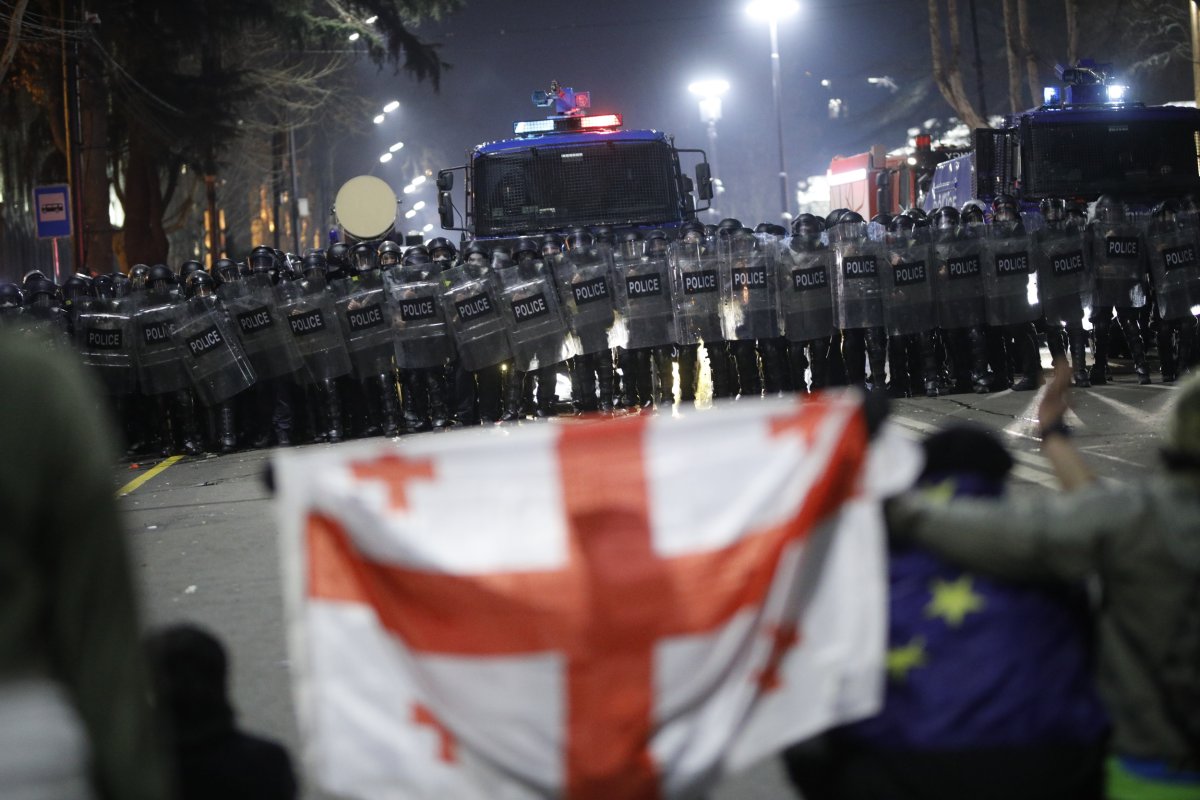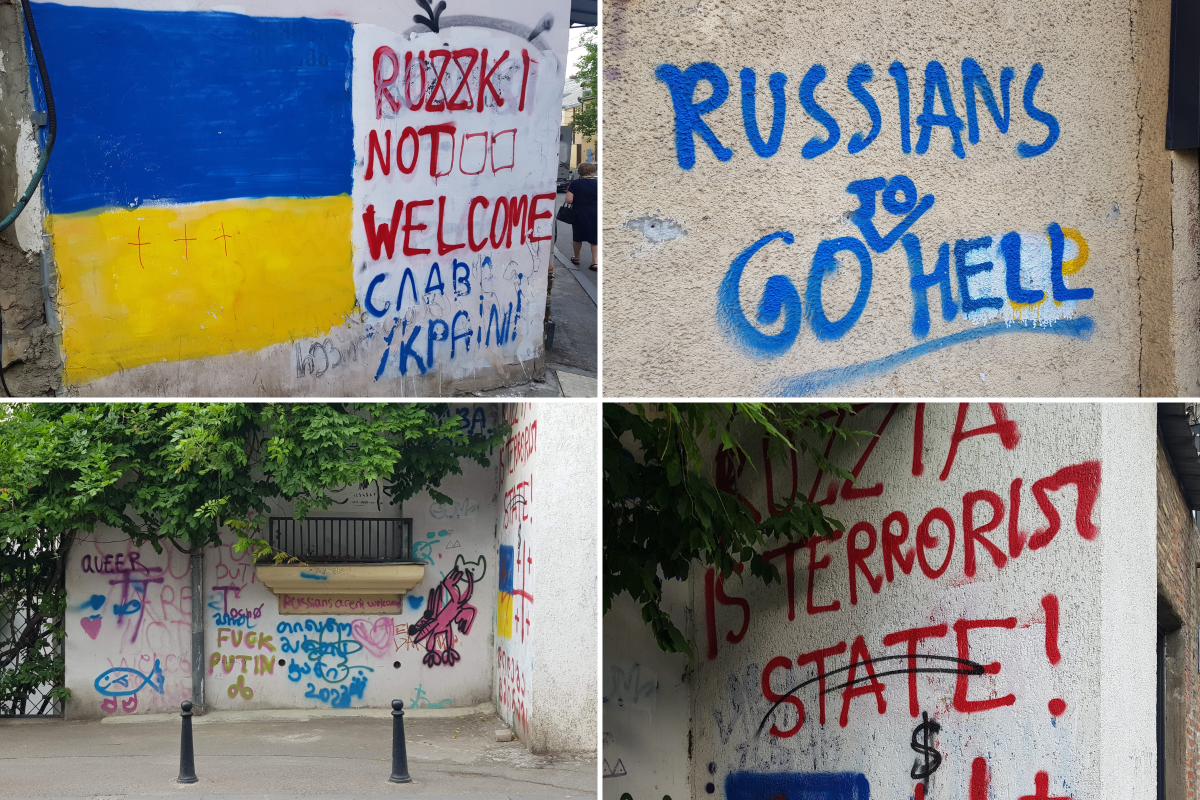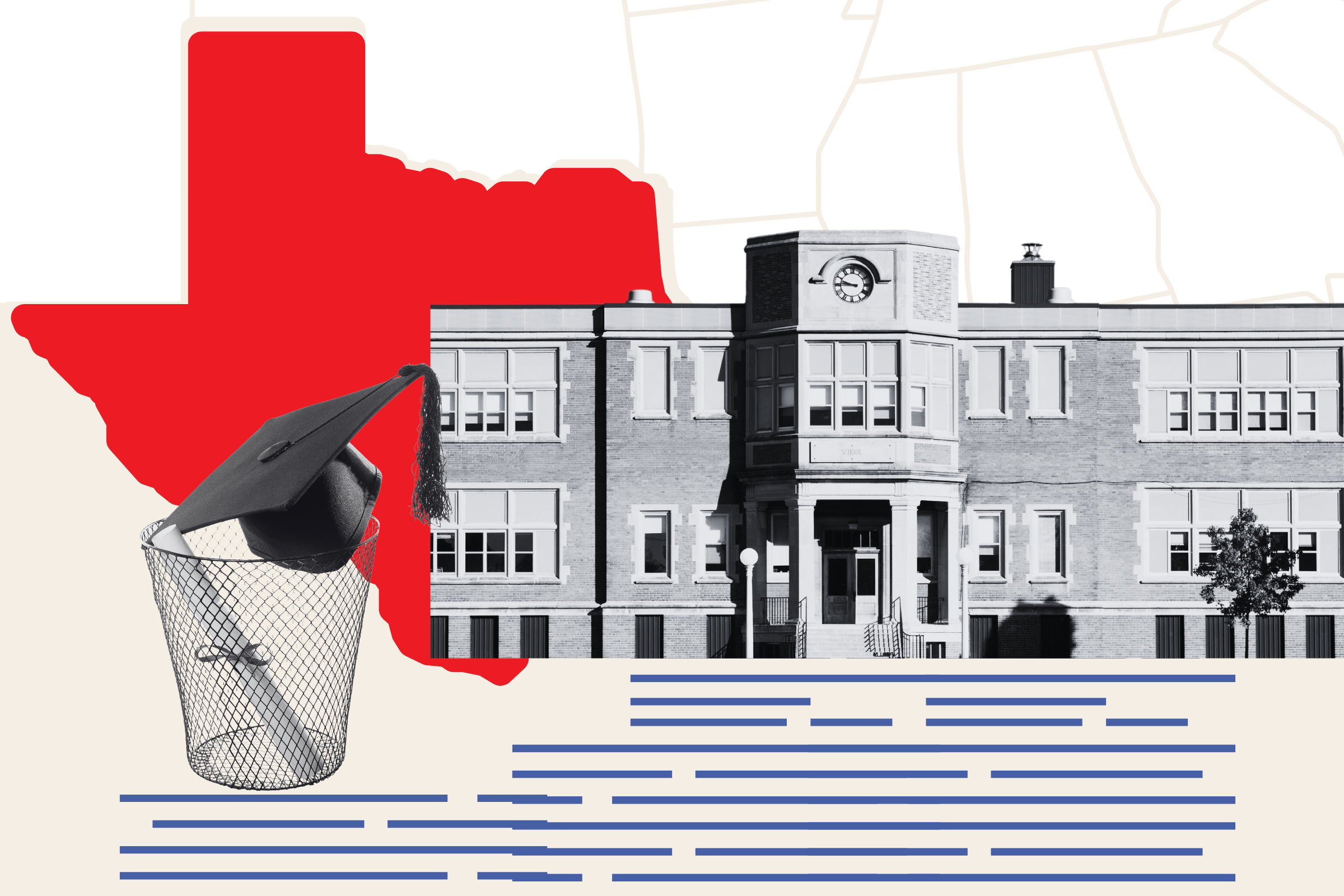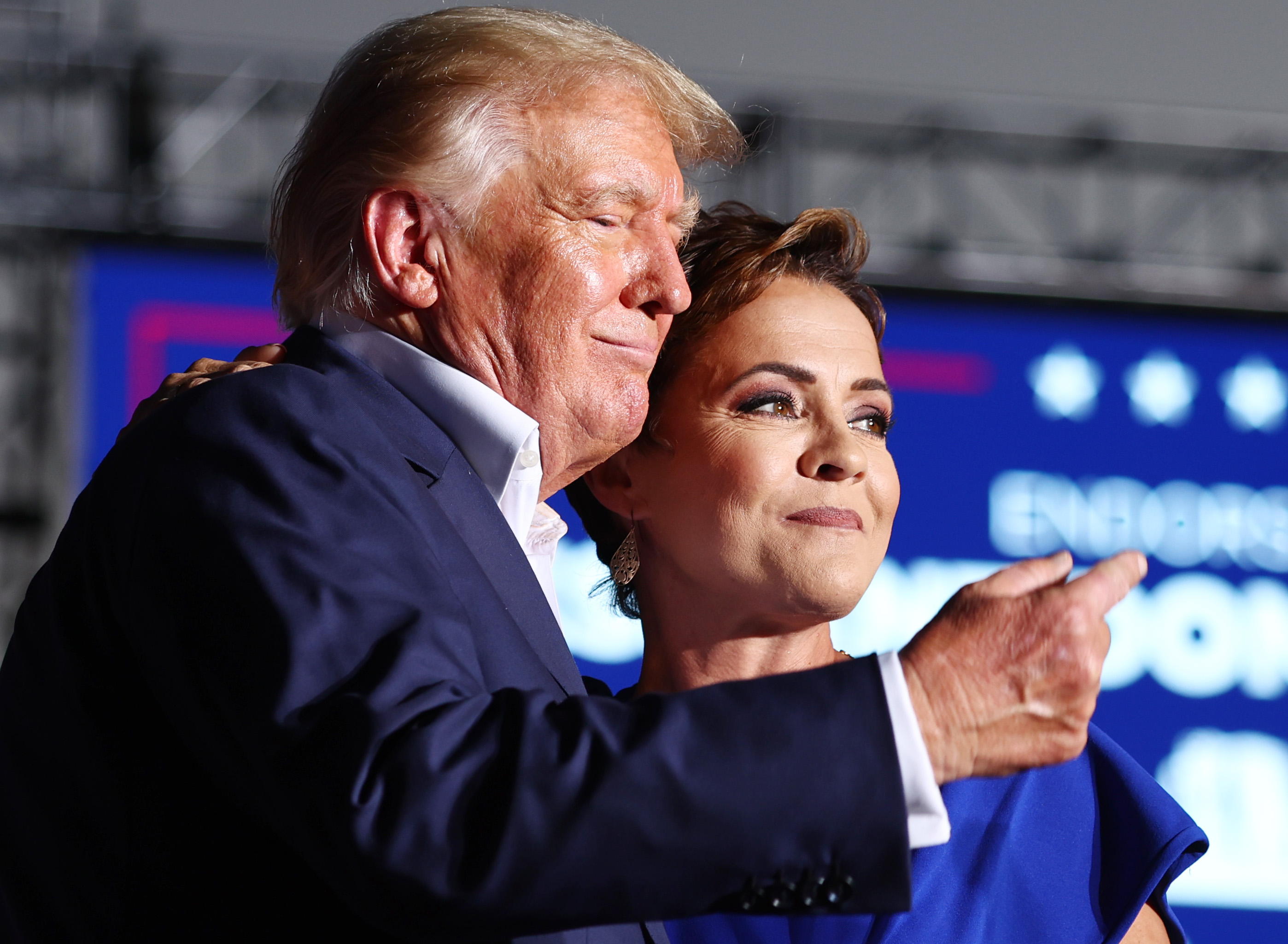Fresh protests against a Russian-inspired security law are roiling Georgia—a small but strategically located nation in the South Caucasus—as the Black Sea nation struggles to chart a strategic path between its massive northern neighbor and its own Euro-Atlantic ambitions.
Thousands have taken to the streets of the capital Tbilisi in recent days to march against a proposed foreign agents registration law. This would require organizations receiving more than 20 percent of their funding from abroad to register as "agents of foreign influence" or face fines. Advocates of future Georgian European Union membership fear the bill will undermine the country's tortuous accession bid.
The legislation is colloquially known as "the Russian law," given its similarities to a 2012 bill that President Vladimir Putin's Kremlin has used to crackdown on dissent. The ruling Georgian Dream party—widely considered aligned with Moscow—first tried to pass the legislation in spring 2023 but was forced to withdraw it in the face of mass protests.
As in 2023, the anti-foreign agents law protests have taken on a wider anti-Russian bent, as Western-facing Georgians—particularly more urban and younger demographics—rail against Moscow's influence in the small nation. This is more noticeable than ever given the 1.5 million or so Russians who crossed into Georgia, fleeing Putin's mobilization orders amid his war on Ukraine.

Protesters and riot police have been clashing in the streets over the reintroduced legislation, as have rival politicians inside the national parliament. The Georgian Dream government unexpectedly reintroduced the law this month, claiming it will bring more transparency and help push back against "pseudo-liberal values" spread by foreigners.
Natalie Sabanadze, a senior research fellow at the British Chatham House think tank and the former head of Georgia's mission to the European Union, told Newsweek the Georgian Dream "knew exactly the reaction there would be," given last year's showdown.
"To me, this just says that they really, really want it, and they are willing to risk the reaction, also thinking that they can ride this tide. Everybody's distracted now, Georgia is definitely not on the agenda because so many things are happening," Sabanadze said.
The Kremlin, meanwhile, has dismissed any link between the legislation and Moscow as "absurdity." But the influence of the 2012 Russian legislation is clear in the Georgian version.
Sabanadze said the draft legislation is driven by the same sentiment behind Putin's "absolute obsession with color revolutions." This refers to the largely non-violent liberalizing uprisings that have been so pivotal in several former Soviet nations since the Union's 1991 collapse.
"Most of the states that do this want to do this for the same reason; it's the protection of the regime from any possible large-scale demonstrations that can actually risk the stability of the government," Sabanadze said. "And I think the Georgian Dream is doing exactly that."
The party, maligned at home and abroad for its perceived drift towards Moscow, faces a tough parliamentary election in October. A December poll found that 42 percent of Georgians consider themselves "politically undecided," while only 19 percent backed Georgian Dream.
The long-fractured liberal opposition will be eyeing gains in the coming contest. The race will also be the first held under proportional representation, further threatening to shake up the Georgian Dream-dominated status quo.
"These are these are going to be difficult elections for the Georgian Dream," Sabanadze said. "They definitely want to stay in power, and they want to stay in power without sharing it."
The Georgians now filling the streets of Tbilisi see the bill as part of a larger fight, Sabanadze said. "It's about Russian influence and derailing Georgia's European integration," she added. The foreign agents law, Sabanadze said, is part of what she called "a bundle of Russian laws" that are collectively dragging Georgia into closer ideological alignment with Moscow.
The three-legged Georgian Dream bundle includes the foreign agent law alongside restrictions on mass protest and a ban on LGBTQ+ "propaganda," all reminiscent of similar measures that have helped fortify Putin's rule of Russia.
"This bundle of Russian laws is really a very clever hybrid instrument of influence in the hands of the Kremlin, because it serves these regimes that use it, and that's a perfect way to expand influence and create solidarity," Sabanadze said. "They're just ideologically on the same side... he [Putin] doesn't need to issue direct instructions."
Defeat on the legislative front would be a painful blow to Georgia's Western aspirants. EU Ambassador Pawel Herczynski said last week that the proposed law is "incompatible with EU norms and EU values" and may undermine the country's membership application.
State Department spokesperson Matthew Miller, meanwhile, told reporters on Tuesday that the U.S. is deeply concerned about the revival of the law.

The ground in Georgia appears fertile for a mass anti-Russia movement, despite the apparent continued allegiance of Georgian Dream leaders to their traditional partners in Moscow.
Russian forces still occupy 20 percent of Georgia, having supported the separatist ambitions of authorities in the Abkhazia and South Ossetia regions. For Georgians, the memories of their humiliating defeat in the 2008 Russia-Georgian war are still fresh.
The glut of new Russian arrivals to Georgia since Russia's full-scale invasion of Ukraine has deepened the resentment for many. Their arrival has exacerbated cost of living and infrastructure pressures, while many polls show that Georgians are generally pro-Western integration. Support for Ukraine also remains high, and hundreds of Georgians are fighting in Ukraine as volunteers for Kyiv.
Uncommon Knowledge
Newsweek is committed to challenging conventional wisdom and finding connections in the search for common ground.
Newsweek is committed to challenging conventional wisdom and finding connections in the search for common ground.
About the writer
David Brennan is Newsweek's Diplomatic Correspondent covering world politics and conflicts from London with a focus on NATO, the European ... Read more
To read how Newsweek uses AI as a newsroom tool, Click here.








